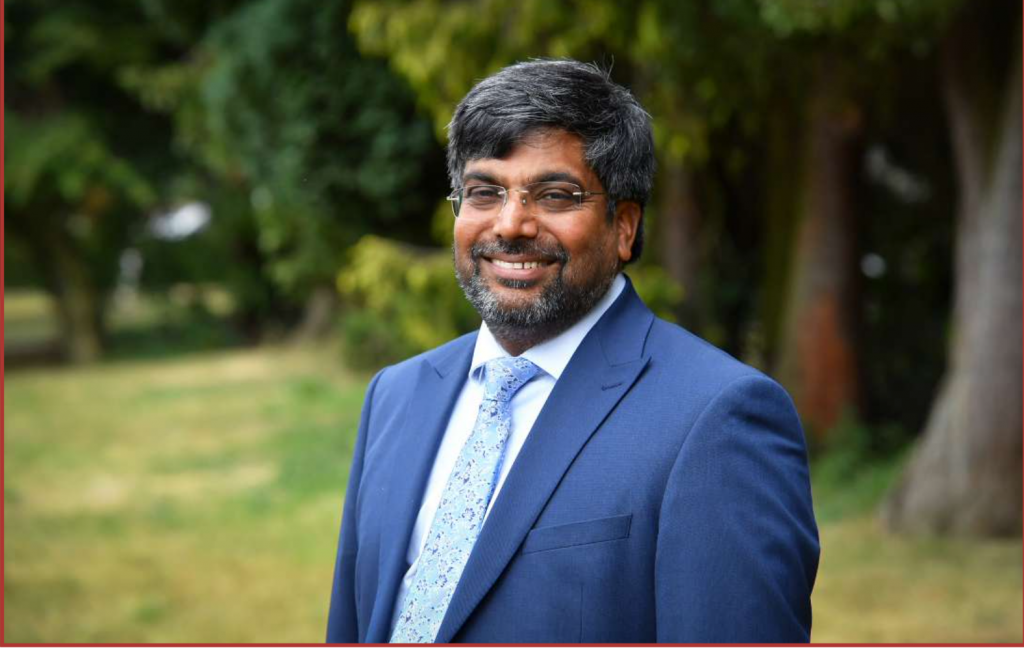I could not be prouder of our city. Classed as the first plural city in the 2021 Census data, it was billed in the media as a ‘super-diverse’ city. What a marvellous accolade for Leicester to showcase the glory of its multiculturalism.
I recognise and appreciate the effort and hard work it has taken to achieve this status. Nothing that is worth having comes easily and it has taken tremendous efforts, from leaders of this city to grass roots levels, to achieve our badge of honour.

And I am proud of the University’s contribution to create a progressive and inclusive city that rejoices in its diversity.
As historical archives reveal, the University was attracting international students and staff at a time the city lacked diversity. The international diversity of the University has had a profound impact on the development of the city through the decades – and continues to do so.
And what is even more exciting is how the diversity of Leicester connects to what we do at the University and how, in turn, our work brings benefits to Leicester. This is exemplified in a number of ways:
• Our researchers were the first to identify the disproportionate impact of COVID-19 on ethnic minority communities. This was thanks to long-standing relationships with our communities and participation rates in COVID-19 clinical trials that were three times higher than anywhere else in the UK.
• Our Biomedical Research Centre has received a £26 million funding boost including for research addressing ethnic health
disparities and ‘Big Pharma’ choose Leicester for clinical trials because of our ‘super-diversity’ – due to the recognition that most drugs have historically only been tested on white men.
• Another example of how Leicester’s diversity connects to
our research is in our Colonial Countryside project based at the University of Leicester’s Centre for New Writing. This involves 100 primary pupils, predominantly of African, Caribbean, Chinese and South Asian heritage, along with authors and historians producing creative commissions, exploring country houses’ Caribbean and East India Company connections.
• In Museum Studies our researchers are emphasising the dynamic relationship between museums and society and the significant role museums can play in advancing equality and diversity.
• Our Migration Mobility and Citizenship Network seeks to draw inspiration from the lived experience of mobility, migration and citizenship in the everyday lives of the residents of Leicester and beyond
• Our University draws on our local environment to deliver inspiring and relevant teaching and learning opportunities. For example, in Modern Languages, students undertake ‘Linguistic Landscape’ induction activities which engage directly with the diverse languages of the local area, and in Sociology, innovative course design takes students into the city to explore ethnicity, migration, and social class in a ‘Live’ environment.
Having the world at your doorstep brings countless opportunities and benefits. It is a privilege to be a part of this super city – one that is a beacon for others.
By Professor Nishan Canagarajah, President and Vice-Chancellor of the University of Leicester



